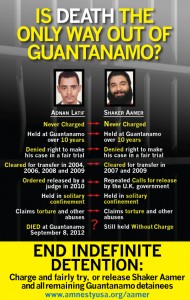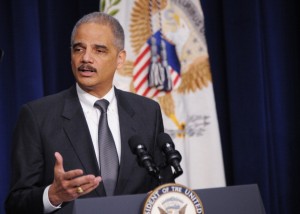
The Senate Judiciary Committee will hold its ninth periodic oversight hearing of the Department of Justice on Wednesday, March 6th at 9 a.m. with U.S. Attorney General Eric Holder (Photo credit: MANDEL NGAN/AFP/Getty Images).
On Wednesday March 6th at 9 a.m., the Senate Judiciary Committee will hold its ninth periodic oversight hearing of the Department of Justice with Attorney General Eric Holder. It’s not a hearing on drones and the Obama administration’s counter terrorism policy, but it should be.
As we saw with the Senate Intelligence Committee’s confirmation hearing with John Brennan several weeks ago, the Obama administration’s killing program remains shrouded in secrecy and the little information we do know gives grounds to conclude that the program as a whole allows for the use of lethal force that violates the right to life under international law.

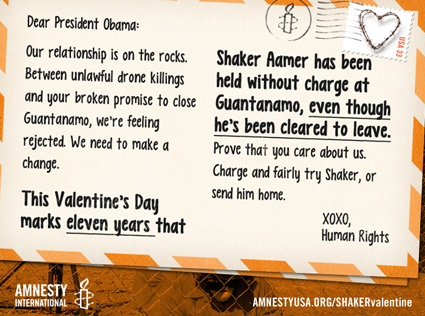
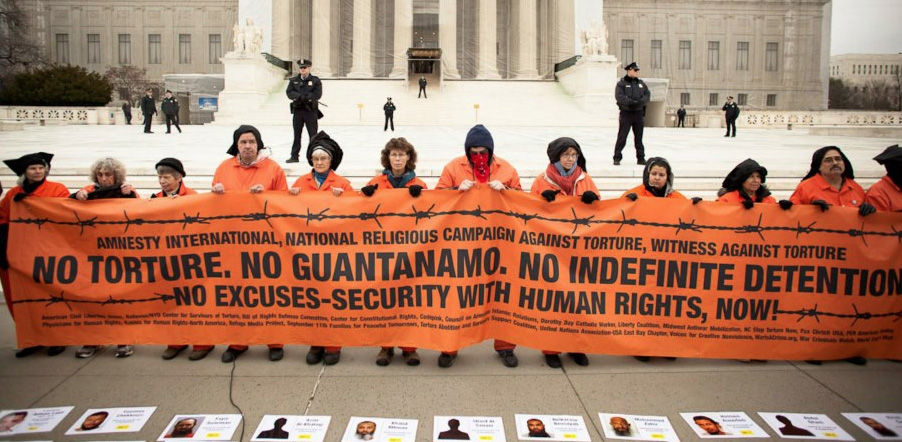
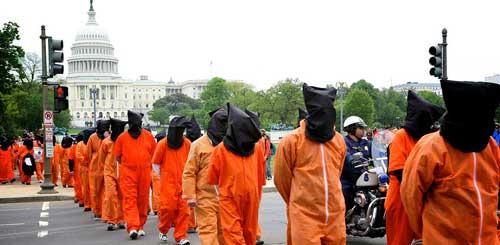 Late last night, President Obama signed the
Late last night, President Obama signed the  Today
Today

